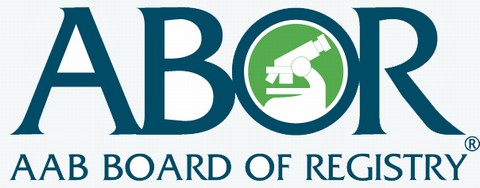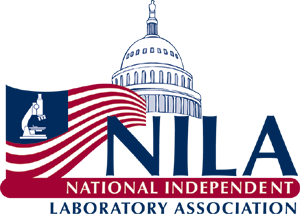Medicare Prescription Drug Bill (S.1/H.R.1)
Congress Approves Historic Medicare Reform Legislation
Includes Major Changes in Provider Reimbursement
On November 25, 2003, Congress approved Medicare reform legislation that makes the most comprehensive changes to the Medicare program in its nearly forty-year history. Chief among these reforms is the inclusion of a prescription drug benefit for beneficiaries.
The Medicare reform bill – legislation that has captivated the attention of Congress and stakeholder groups for the past six months – gained momentum on Saturday, November 22, as Republican leaders during the last day of session, narrowly passed the measure 220-215. A high level of political drama accompanied the vote, as Republican leaders held the vote open for almost three hours in order to gain the support necessary for passage. The final vote came at 6:13 a.m. in a rare morning vote.
As the Senate began its debate on the Medicare bill on Sunday, November 23, a number of moderate Democrats publicly expressed support for the legislation. In an effort to block the legislation, Senator Edward Kennedy (D-Massachusetts) led a group that attempted a filibuster. Twenty-two Democrats however joined forty-seven Republicans and Independent James Jeffords (Vermont) to invoke cloture by a vote of 70-29, essentially ending the debate on the bill. Senate Minority Leader Tom Daschle, in another crucial vote, raised several points of order, suggesting that key provisions of the bill violated the terms of the budget resolution, and would exceed the $400 billion allocated for the legislation. The second vote on the procedural question proved close, passing by 61-39 – one vote more than the required 60 to sustain the point of order and send the bill back to committee. Eleven Democrats joined 49 Republicans and Senator Jeffords to waive the budget points of order.
With the path cleared for passage, the final vote came Tuesday morning, November 25 by a margin of 54-44, with eleven Democrats supporting the measure and two Republicans, Senators John McCain (R-Arizona) and Chuck Hagel (R-Nebraska) voting against the legislation.
Below is a summary of key provisions affecting clinical laboratories in the Medicare reform legislation, as prepared by the House Committee on Ways and Means.
Clinical Laboratories
- Clinical laboratories fought off plans for a twenty-percent co-payment on lab services and reductions in payments. Instead, payment rates to clinical laboratories would be frozen beginning in 2004 for five years.
- Establishes a Competitive Bidding demonstration for laboratories with the exception of physician office laboratories.
- Provides for the direct payment of pathology services provided to hospital patients by clinical laboratories from 2005 to 2006.
Other Sites of Interest
- About AAB
- Membership
- Certification
- Continuing Education
- General Guidelines for Documenting CEUs
- How To Earn CEU Credits
- Guidelines for Writing Examination Questions
- Submit & View Your CEUs
- Online Programs
- ABB Continuing Education
- PEER-approved Educational Programs
- PEER-approved Online Courses/Webinars
- PEER - Application for Program Approval
- Printable CEU Recording Form
- Resources
- AAB News
- Conference Abstracts
- Bills Affecting Clinical Labs
- Bioterrorism
- Centers for Disease Control and Prevention (CDC)
- Centers for Medicare and Medicaid (CMS)
- CLIA
- Drug-Alcohol Testing
- FDA
- GHS of Classification and Labeling of Chemicals
- Healthcare Reform
- Medicare/Medicaid Fraud & Abuse
- Molecular/Genetic Testing
- New York Issues
- OSHA
- Physician Signature Rule
- Privacy of Health Info
- SNFs
- State Licensure
- Stem Cell Research
- WHO Laboratory Resources
- Zika Resources
- Store






